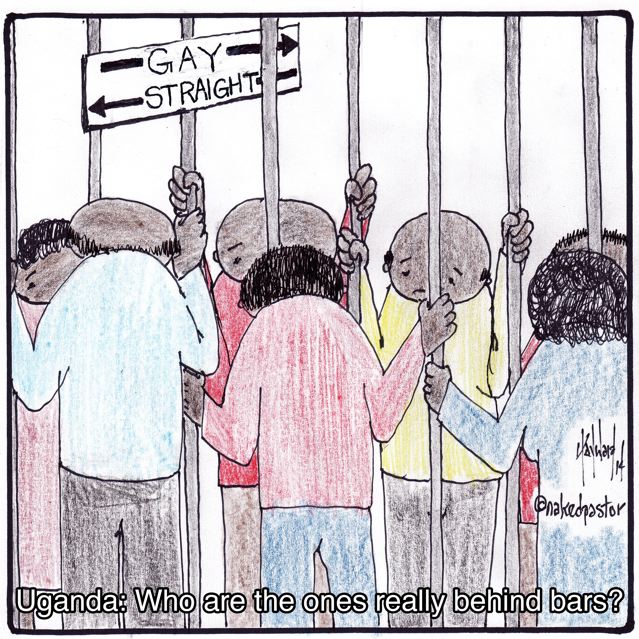Chris Hedges expresses his opinion on fundamentalism in his book I Don’t Believe in Atheists:
The blustering televangelists, and the atheists who rant about the evils of religion, are little more than carnival barkers. They are in show business, and those in show business know complexity does not sell. They trade clichés and insults like cartoon characters. They don masks. One wears the mask of religion, the other wears the mask of science. They banter back and forth in predictable sound bites. They promise, like all advertisers, simple and seductive dreams. This debate engages two bizarre subsets who are well suited to the television culture because of the crudeness of their arguments. One distorts the scientific theory of evolution to explain the behavior and rules for complex social, economic and political systems. The other insists that the six-day story of creation in Genesis is fact and Jesus will descend format the sky to create the kingdom of God on Earth. These antagonists each claim to have discovered an absolute truth. They trade absurdity for absurdity. They show that the danger is not religion or science. The danger is fundamentalism.
My question, and I think the urgent question is: How can fundamentalists and non-fundamentalists dialog? Harvey Cox, in his newest book The Future of Faith, suggests that the most important isn’t interfaith but intrafaith dialog, especially between the fundamentalist wing and the rest. It is the fundamentalist mindset that is his newest concern:
Of course in conversations between people from differing traditions, for example, between Christians and Buddhists, differences always come up. Indeed, that is one purpose of the conversation. But the differences seem to be at a safe remove, since the participants are not a part of the “family”. The can be registered and dismissed as “interesting”. This is not the case, however, with the discrepancies that inevitably arise when those in the interfaith wing of a religion try to converse on a serious level with those from the circle-the-wagons wing of the same affiliation. In these encounters, things get tense, tempers often flare, and people sometimes stomp out of the room. More seems to be at stake. Many people try and then just give up. But quitting merely propels the whole interfaith enterprise toward a dead end. It creates the unpleasant prospect of a future in which, while open-minded members in each religion enjoy cozy colloquies with each other, the ultraconservative wing in each becomes more isolated and truculent.
It has become apparent to me over the last few years of writing this blog that the critical conversation is between the fundamentalists and the rest. It is the fundamentalist mindset that presents the greatest challenge, in my opinion, to open dialog between all parties. Like Cox experienced and observes, as well as Hedges, and just as we do here at nakedpastor, if we all just agreed with each other, what’s the good in that? But when we enter into the foray of disagreement, that’s where the real possibilities lie. I believe it is urgent that we explore ways of dialoging. Love necessitates it.
(The title is inspired from Bruce Cockburn’s song, “Lovers in a Dangerous Time”).











